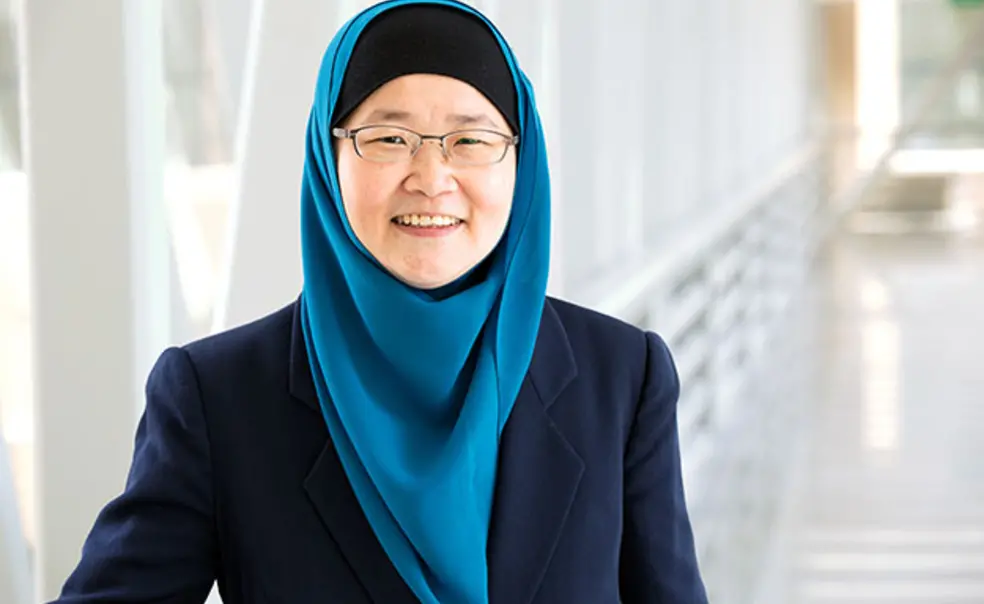Nanotechnology Innovator Jackie Ying *91
By the time Jackie Ying *91 arrived at Princeton to begin work on a Ph.D. chemical engineering, she had a passion for chemistry, sparked by a high school teacher in Queens, N.Y., and cultivated during her undergraduate years at Cooper Union. In graduate school, she found the faculty to be engaging — “They really got to know every single one of us very well,” she says — while also providing freedom and flexibility.
Ying’s time at Princeton, along with industry research experience at Bell Labs and a post-doctoral position in Germany, started her on a successful path in biomedical research and nanotechnology. She joined the faculty at MIT and was promoted to professor in 2001. She left that post in 2003 to lead the Institute of Bioengineering and Nanotechnology (IBN) in Singapore, the country where Ying spent most of her childhood.
Last December, Ying was named one of the first two winners of the Mustafa Prize, a $500,000 award for top scientists in the Organization of Islamic Cooperation member states, presented biennially by the government of Iran. Ying says the award — and the impressive list of nominees — shows that “science and technology is a common language” around the world.
Ying was selected in part because of her work to apply nanotechnology to drug delivery. “Amongst the many novel outcomes of her work, Professor Ying’s contribution to the development of stimuli-responsive polymeric nanoparticles that deliver insulin to diabetic patients only when their blood glucose levels are high, without the need for external blood glucose monitoring, is considered an outstanding scientific approach of great promise for improving the quality of life of mankind in the near future,” said Hossein Zohour, an engineering professor at the Academy of Sciences in Iran and chairman of the scientific committee of the Mustafa Prize.
Ying, the executive director of IBN, continues to have a strong interest in biomedical research, with projects that aim to enable targeted cancer treatments, early diagnosis of diseases, and regenerative medicine. These are complex problems, she says, requiring interdisciplinary teams with a range of skills, from chemistry and biology to engineering and materials science. And it is an area of research that requires time to develop promising innovations. “I’m really glad the Singapore government is willing to invest in it, because it has a long gestation period,” Ying says, adding that the difference that some of these new technologies could make in health care “would be tremendous.”












No responses yet